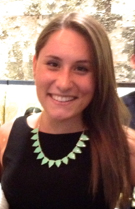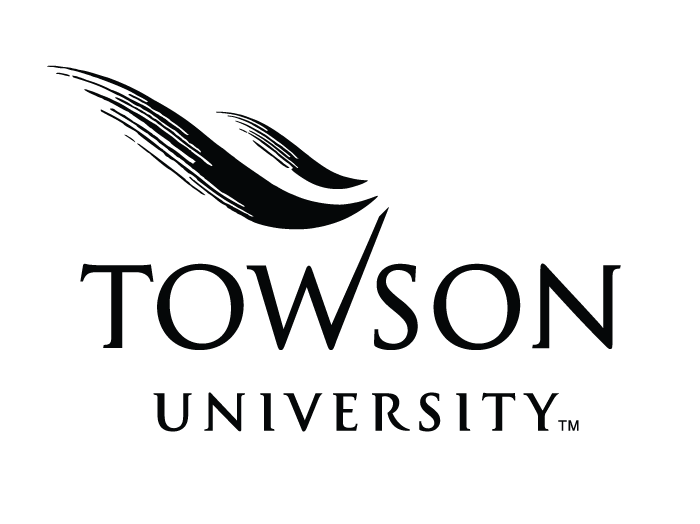 We recently sat down with Samantha Figueroa, a sophomore mass communication major and director of civic engagement for the Student Government Association, on getting involved on campus, post-graduation goals and being named to the Executive Board of the American Democracy Project.
We recently sat down with Samantha Figueroa, a sophomore mass communication major and director of civic engagement for the Student Government Association, on getting involved on campus, post-graduation goals and being named to the Executive Board of the American Democracy Project.
What is the ADP? Why is it important?
The ADP is the American Democracy Project, and it is run by the American Association of State Colleges and Universities in partnership with the New York Times. Its overreaching initiative is to create informed and engaged students. It’s important because there are a lot of students that aren’t as informed as they should be about things happening on campus, from political issues to sustainability efforts, so it’s important to put that information out there to create informed students.
What is the Executive Board? How did it feel to be selected for membership?
The Executive Board is composed of six students from different ADP-affiliated campuses. We meet to talk about what we’re doing at our respective schools. It helps us to network ideas and see what we can all do better.
I was pretty excited when I found out I had been selected. I’m the youngest one, so I get to open a line of communication with people who are a little bit older than me, going to completely different universities. And because I am only a sophomore, I have a lot of time to implement changes.
What do you hope to do after graduation? How is Towson preparing you to achieve your goals?
My passion is public relations, marketing and event planning. I’m majoring in mass communication because you can work with any industry, any business—they all need PR. The world’s changing, and you need to use media to attract people. So that’s been my goal, but now as I do more things and become more involved I’m realizing that I really love student affairs, and would love to work on campus after I graduate.
I believe Towson is the greatest place on earth. Our administrators are more than willing to help any student with anything, and I think that’s something that’s very unique to Towson. Our strength is that we really do care about students. And that comes straight from the top, because our president is wonderful.
Towson has prepared me for any experience because it’s about allowing students to realize how much they can do. People don’t realize how powerful they can be, but I really do believe that everyone has the ability to change something for the better. Towson has taught me that, and it has made me a leader.
How did you get so involved on campus?
When I first came here I wanted to join the Model UN. We didn’t have one, so I had to start it. And then my RA encouraged me to get involved in the building council, and that taught me the importance of residence life and student affairs. That led me to join SGA as a senator, and I just recently became their director of civic engagement. I also joined Phi Mu sorority, which opened a lot of doors and gave me a huge base of unconditional support in my sisters.
Why do you think extracurricular involvement is important for students? What would you suggest as a starting place for a student looking to get more involved on campus?
I honestly think that if you don’t get involved on your campus, you’re doing yourself a disservice and you’re not getting your money’s worth. You do need to stay grounded in your studies and remind yourself that this is ultimately about school, but you should try least one extracurricular.
My goal is to try something new every semester. See what you can do through your building council. Join a club, or start the club you want to join. Talk to your RA, look at Involved@TU and just see how much more Towson has to offer. The experiences you have outside of the classroom are sometimes the most rewarding. College isn’t just about what you learn in the classroom; it’s also about what you learn from the community around you.
